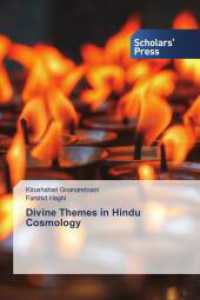Description
(Text)
(Short description)
As violin makers are striving to create instruments of perfect sound and form, it is necessary to answer the question comparatively: How is violin making taught and learned in European schools at present and how do they respond to technical and cultural changes?
This volume explores parallels and differences between learning and teaching in the violin making schools in different European countries. In order to realize this work, the implicit knowledge of the craftsmanship needs to be understood on the levels of observation, experience and dialogue against a culture-analytical background.
(Text)
Violin makers are striving to create instruments of perfect sound and form. At this, they move between contradictive objectives: the canonized standards and one's own creativity. The violin making schools occupy a powerful position in this negotiation process - while their attitudes, practices and objectives differ substantially. Accordingly, it is necessary to answer the question comparatively: How is violin making taught and learned in European schools at present and how do they respond to technical and cultural changes?
This volume explores parallels and differences between learning and teaching in the violin making schools in different European countries. In order to realize this work, the cooperation of a violin maker, a cultural anthropologist and two photographers proves to be as necessary as fruitful, since the implicit knowledge of the craftsmanship needs to be understood on the levels of observation, experience and dialogue against a culture-analytical background.
(Author portrait)
PD Dr. Sarah May (geb. 1983 in Bad Friedrichshall) studierte Empirische Kulturwissenschaft, Rhetorik, Romanistik und Medienwissenschaft in Tübingen und wurde dort mit einer Arbeit zur Konstituierung von Cultural Property promoviert. Seit Oktober 2016 ist sie wissenschaftliche Mitarbeiterin (Post-Doc) am Freiburger Institut.






